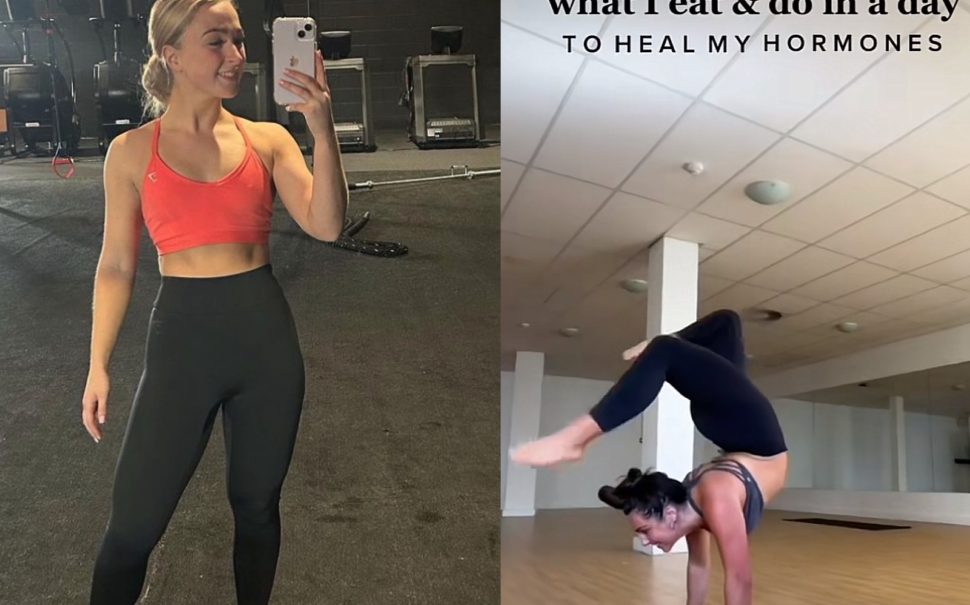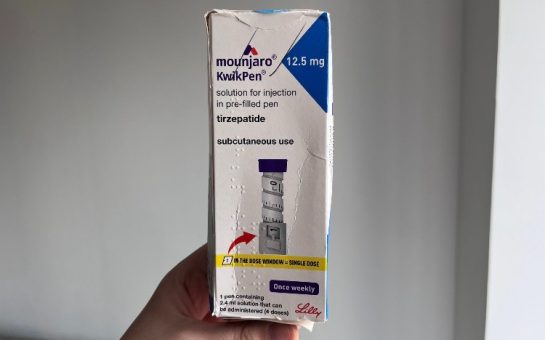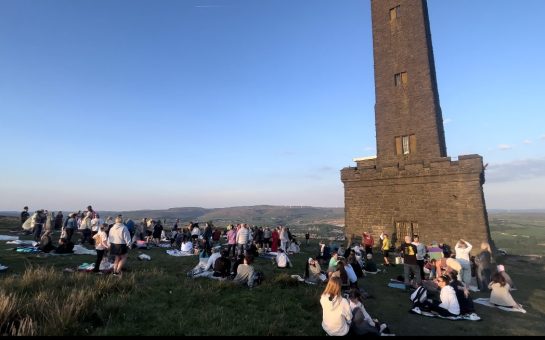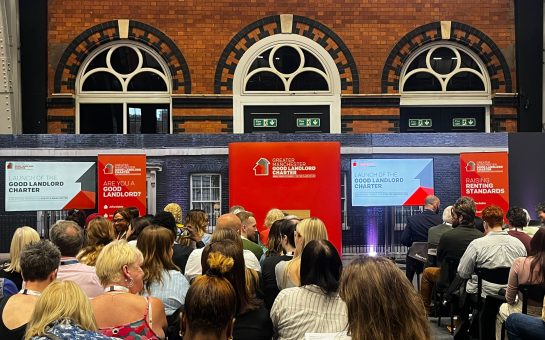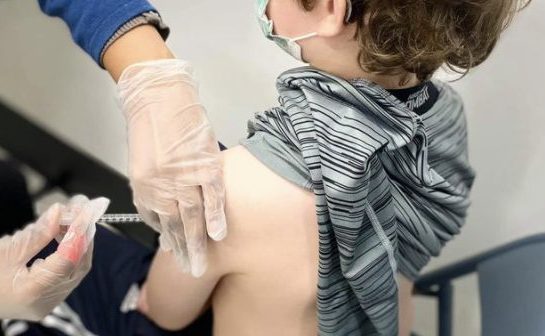Periods, pelvic floors, ovarian cysts. If any of these terms make you squirm, you may be suffering from a mild case of ignorance – ignorance towards female physiology.
Not least, this ignorance affects women trying to access lifestyle help within the fitness industry.
And it is exacerbated by the fact that just six per cent of sports science research is exclusively conducted on women – according to The Well HQ.
So why should anyone with a pair of ovaries listen to repetitive industry taglines like ‘train until failure’ or ‘never give in to your cravings’?
A small but strong community of trainers, nutritionists and women’s health influencers are trying to tackle this lack of knowledge, using their own experiences to steer change.

Liv Tarbuck, 24, a personal trainer from Manchester based in Santo’s Health and Fitness gym suffers from PCOS (polycystic ovarian syndrome) and tailors her clients’ programmes to fit in with their cycles.
PCOS is a condition which affects seven per cent of women – a diagnosis means a woman has multiple cysts on her ovaries causing a set of symptoms individual to each sufferer which can range from painful periods to fatigue.
“There are so many trainers who don’t talk about it or don’t know about it,” she said. “I’ve had a lot of attraction with clients because I’ve understood what they’re going through.”
Female metabolisms are influenced by different phases of the cycle and research suggests bodies perform better at a higher intensity in the follicular phase (the second week) of the cycle.
When oestrogen levels are high in this phase, the body can transport more glucose into muscle fibres.
Tarbuck includes a section within her weekly check-ins where she asks her clients to fill in where they are in their menstrual cycle.
“If I’m on my period I’ll have rest days or I’ll change my diet,” she said. “And I’ll tailor everything to how my clients are feeling.
“I get girls who don’t experience any symptoms and I’ll get girls who get so bloated and fatigued.”
“I have quite a chilled approach around periods because I understand it so much whereas other trainers that I do know say, ‘your calories are your calories, just stick to them’.”
In the UK, personal trainers undertake training courses approved by CIMSPA, the official governing body for the UK’s sport and activity sector.
But it is not mandatory to undertake any female-tailored training within any of the programme’s units.
When Tarbuck completed her personal training course in 2021, no point of the programme mentioned how women can adapt their training and nutrition to their cycles.
“There should be some sort of requirement and I think it would help if there was coverage around nutrition and exercise taking you through a cycle – especially with male trainers who don’t go through what we go through.”
Annie Greenaway, based in Atherton, has been a personal trainer since 2019; she has a diploma in nutrition for exercise and health.
Her own chosen topic of research was training and nutrition around the menstrual cycle.
She developed a guidance sheet for all her clients on how to prioritise specific foods during different stages of the cycle to tackle bloating and sugar cravings.
“I was not aware of PCOS at all before starting my training,” she said. “It was a close friend who had been struggling to get a diagnosis for a long time.
“It’s alarming how many people have never even heard of conditions like PCOS to no fault of their own – it simply isn’t spoken about enough.”
But what if training and nutrition could help stabilise irregularity in women’s cycles?
How ground-breaking would it be if diet and exercise could reverse those symptoms altogether?
For influencer Millie Stephenson (@wholesome.mills on TikTok and Instagram) exactly that happened.
After not having a period for three years, she decided to seek out help.
“I was always tired, I felt so bad about my body and I just didn’t feel like a woman at all,” she said. “I started thinking maybe something is wrong but I was really pushing it down.”
After having a bad experience with a gynaecologist, Stephenson was told all she could do was go on the contraceptive pill.
She then received a message from Future Woman, a hormone testing company who provide plans to alleviate symptoms.
“I don’t share things with my audience unless they actually work,” she said. “But they said if I really don’t want to, I don’t have to promote it.
“All my hormone tests came back completely messed up. They told me exactly which supplements to take, to reduce my cardio and what else to do.
Stephenson then started to take vitamin supplements, practised strength training over cardio and lowered her gluten and dairy intake.
She then went for an ultrasound, ten months after her initial PCOS diagnosis. Her cysts had disappeared. Her hormones were balanced.
“The nurse was so shocked. She was like, ‘How did you do that?’
“But I’ve never felt more stuck in my life because I see all these other women with PCOS but I’ve never seen anyone healed from it.
“All I’ve ever seen is the struggle and I was so nervous to share the fact I’d put it into remission because people would say, ‘That’s not even a thing.’”
Stephenson now works to use her platform to empower women to feel confident in their bodies by sharing her own story.
“In every aspect of life, I want to holistically inspire women to feel their best, to feel confident, sexy and to embrace their divine feminine energy.”
Without formal research, experts cannot be certain whether PCOS and its symptoms can be completely reversed, nor that people can make their cycles regular through exercise and diet.
But by trying to build communities online, more and more women feel that they can discuss their experiences to build confidence and get a better understanding of their bodies.
